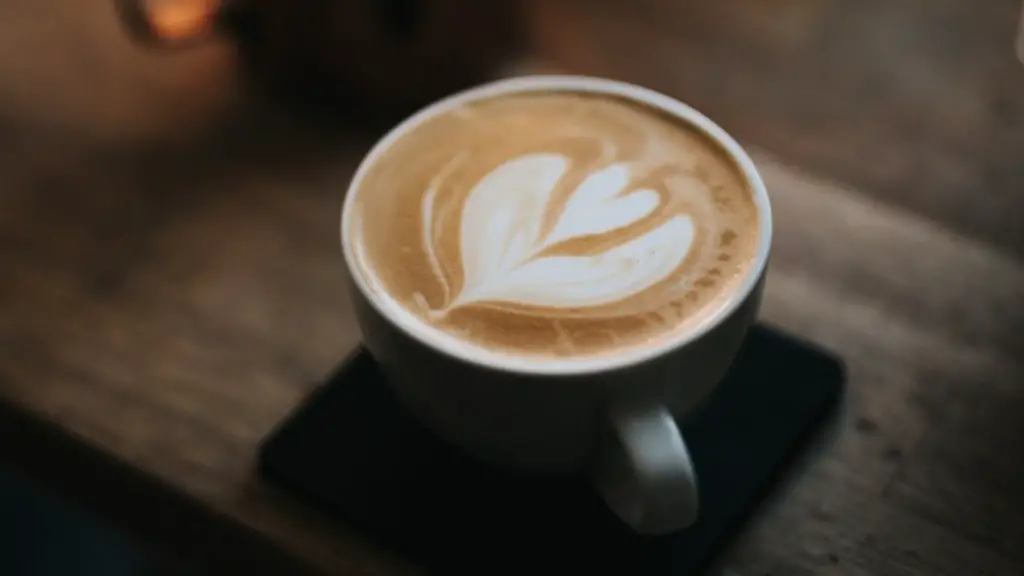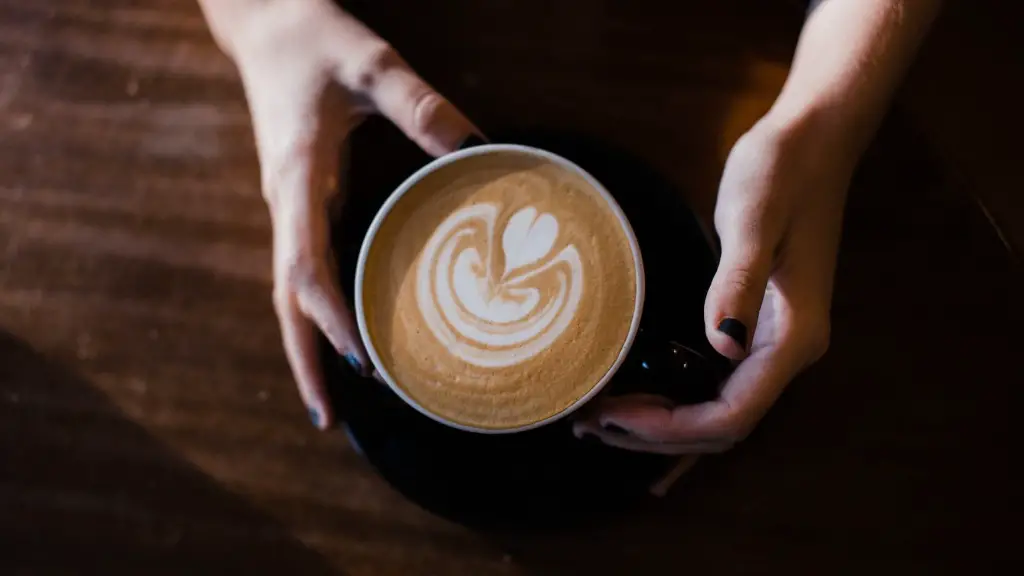Coffee is one of the most popular drinks in the world, and for many it is an essential part of the daily routine. We’d all agree that coffee can provide us with a much-needed morning energy boost and can help us complete tasks more quickly. However, many of us don’t realize the side effects of drinking this beloved beverage.
One of the most common side effects of drinking coffee is that it can cause bloating. Bloating is a condition in which gas builds up in the digestive tract, leading to uncomfortable abdominal swelling. So, what’s causing this bloating?
Coffee is a diuretic, meaning it causes the body to produce more urine. When the body produces more urine, it removes extra water from the body. This can lead to dehydration, which can result in bloating. Additionally, the caffeine in coffee can irritate the lining of the stomach and the digestive tract, leading to a build-up of gas. This can also result in bloating.
Coffee can also increase the production of acid in the stomach, which can lead to indigestion, abdominal cramping, and bloating. Additionally, some people experience a reaction known as ‘coffee jitters’, which can cause gastrointestinal upset. This, too, can lead to uncomfortable bloating.
Of course, not everyone will experience these effects. Each person’s body is different and you should listen to your own body! For those who find that drinking coffee causes bloating, the best way to avoid this is to reduce your intake. If possible, try to drink decaf coffee, as it is significantly lower in caffeine. Additionally, it’s important to make sure you’re drinking plenty of water to stay hydrated.
It’s also important to be mindful of what you’re drinking your coffee with. Dairy products, like milk and cream, can cause bloating as they require additional digestion. If you want to enjoy your coffee without worrying about painful bloating, it may be best to opt for vegan alternatives, like almond, oat, or coconut milk. It’s also important to watch how much sugar you’re adding, as excess sugar can cause bloating.
In conclusion, drinking coffee can cause bloating in some individuals. If you’re experiencing uncomfortable bloating after drinking coffee, it’s important to be mindful of what you’re drinking your coffee with and also to pay attention to your body. If you’re still struggling, it might be best to reduce your intake or switch to decaffeinated coffee and drink plenty of water.
Foods and Drinks That Help Prevent Coffee Bloating
One of the best ways to prevent bloating caused by coffee is to make sure you’re consuming foods and drinks that help ease digestion. Certain foods and drinks, like fiber-rich fruits and vegetables, can help promote regular digestion and reduce bloating. Additionally, herbal teas like peppermint, chamomile, and ginger are known to ease digestive issues and reduce bloating.
Another good option is to drink lemon water. Lemon water is known to help increase digestion, reduce bloating, and balance body pH levels. Additionally, it’s important to get enough sleep each night, as a lack of sleep can also lead to digestive problems and bloating. All of these tips can help reduce the risk of bloating caused by coffee.
Does Decaffeinated Coffee Prevent Bloating?
Many people opt to switch to decaffeinated coffee in the hopes that it will prevent bloating. Unfortunately, this may not be the case. Since decaffeinated coffee still contains caffeine, it can still lead to bloating in some individuals. Additionally, decaffeinated coffee has been linked to an increase in acid reflux, which can also cause bloating.
So, while decaffeinated coffee does have a much lower caffeine content, it may still cause bloating in some individuals. It’s important to keep in mind that everyone’s body is different and you should listen to your own body and decide what works best for you.
What Other Beverages Can Cause Bloating?
It’s important to remember that bloating is not just caused by coffee. Many other beverages can also cause bloating, including sodas and energy drinks. Both of these drinks contain high amounts of sugar, which can lead to bloating. Additionally, they contain large amounts of artificial sweeteners, which can also lead to digestive issues and bloating.
Alcohol can also cause bloating. Alcohol irritates the lining of the stomach, which can lead to indigestion, abdominal cramping, and bloating. Additionally, it can increase the production of acid in the stomach, which can also lead to bloating. So, if you’re looking to avoid bloating, you may want to limit or avoid your alcohol intake.
How to Ease Bloating Caused by Coffee
If you’re struggling with bloating caused by coffee, the best thing to do is to reduce your intake. Additionally, it’s important to make sure you’re drinking plenty of water to stay hydrated. Additionally, certain supplements, like L-Glutamine, can help reduce intestinal inflammation, which can help reduce bloating.
Another option is to increase your intake of probiotic foods, like yogurt and sauerkraut. Probiotic foods have been known to help reduce bloating and ease digestive issues. Additionally, if your bloating is caused by dairy products, you may want to try vegan alternatives, like almond, oat, or coconut milk.
Finally, it’s important to be mindful of what you’re eating and drinking. Eating too fast, overeating, and eating processed and sugary foods can all lead to bloating. You may want to try eating smaller portions and limiting sugary and processed foods.




